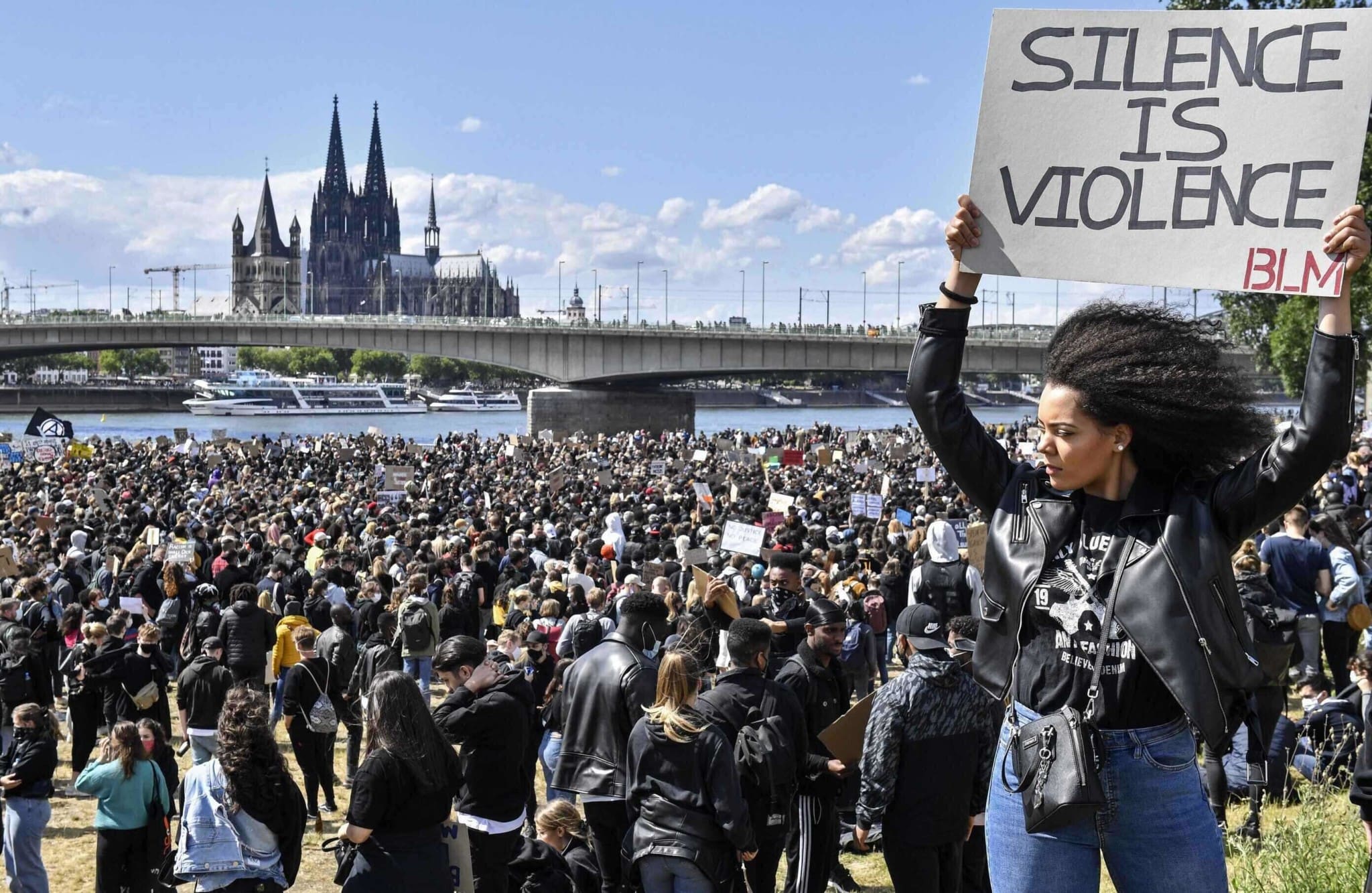The “Afrozensus” study, which looked into the situation of the Blacks in Germany, claims there is deeply rooted racism against people of color in the country and calls for setting up a Bundestag commission on this issue and paying reparations.
“Anti-Black racism is a specific form of racism and has been a tradition in Europe and Germany since the time of enslavement,” summarized the researchers in the team of social scientist Daniel Gyamerah their survey, carried out by “Each One Teach One” (EOTO) and “Citizens For Europe” (CFE) associations.
The study comes after Germany accepted over a million Middle Eastern migrants in 2015, and remains one of the highest net migration countries in the world. Despite this, the country’s only real immigration-critical party, the Alternative for Germany (AfD) received only approximately 10 percent of the vote in the last federal election held this year. AfD brands itself as a non-racist party and its voters often cite integration, crime, and cultural issues as reasons behind their vote.
Nevertheless, researchers spoke out in favor of creating a Bundestag commission on racism and “anti-racist” action plans at federal and state levels.
According to the study, the centuries-old influence of anti-Black racism in German history must be acknowledged and become part of public commemoration. Germany should then pay reparations to states on the territory of its former colonies and recognize the Black victims of national socialism.
“In today’s social, political, and economic contexts, the broadly shared self-image as ‘non-racist’ is combined with the ignorance of the impact of anti-Black racism that evolved through history,” complained the authors of the study.
This view enables the denial of racism against Blacks, especially at the “institutional” and “structural” levels, they added.
Nevertheless, social scientist Maisha Auma from the University of Magdeburg-Stendal and EOTO chairwoman Saraya Gomis emphasized in their foreword to the study that the experiences of the Blacks are part of Germany.
“Black life is an integral part of German reality, globally interwoven and rooted,” they noted.
The “Afrozensus” was carried out between June and September last year. Around 5,700 people with dark skin were asked about their experiences with discrimination in the education system, on the housing market, from authorities, or from the police.






